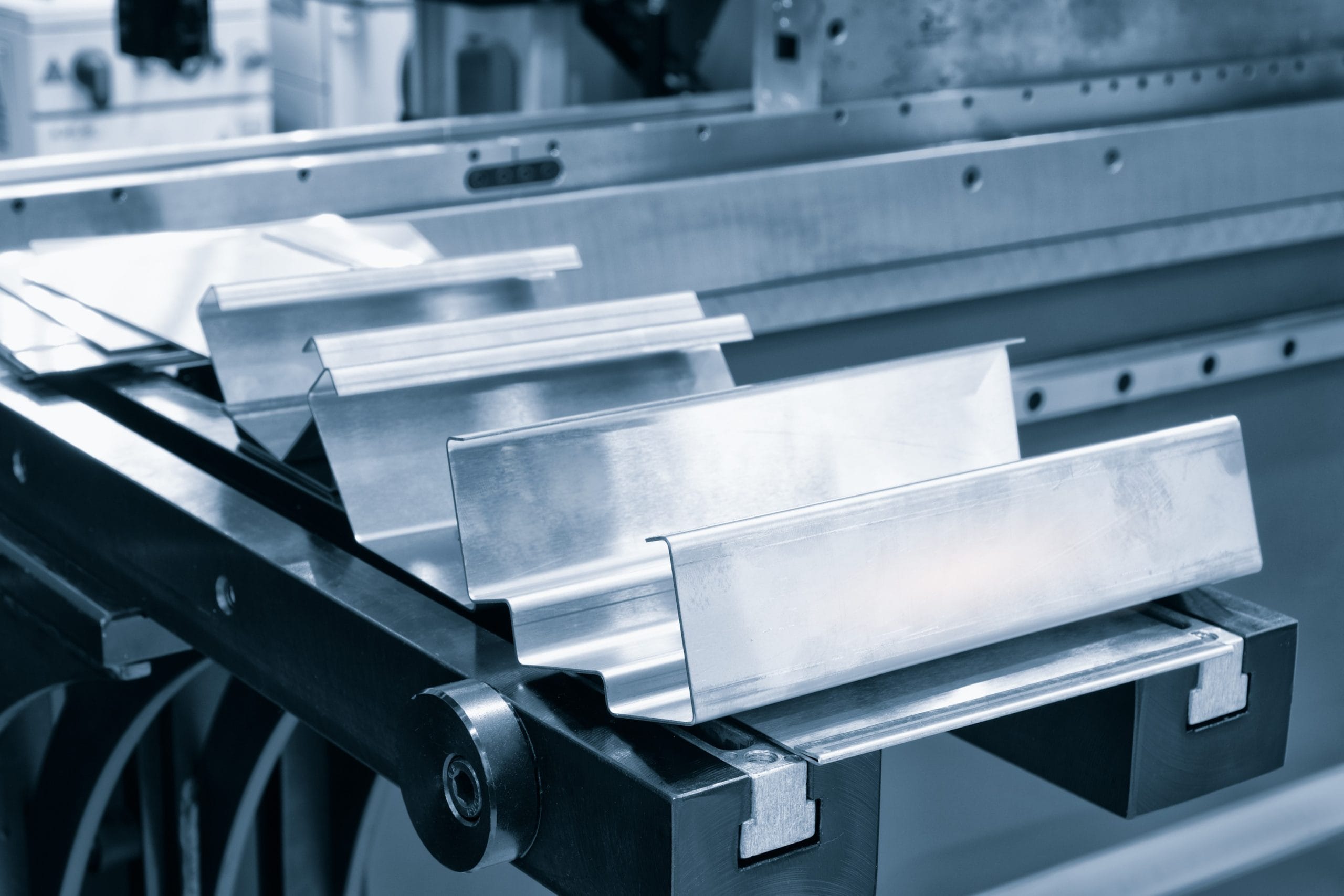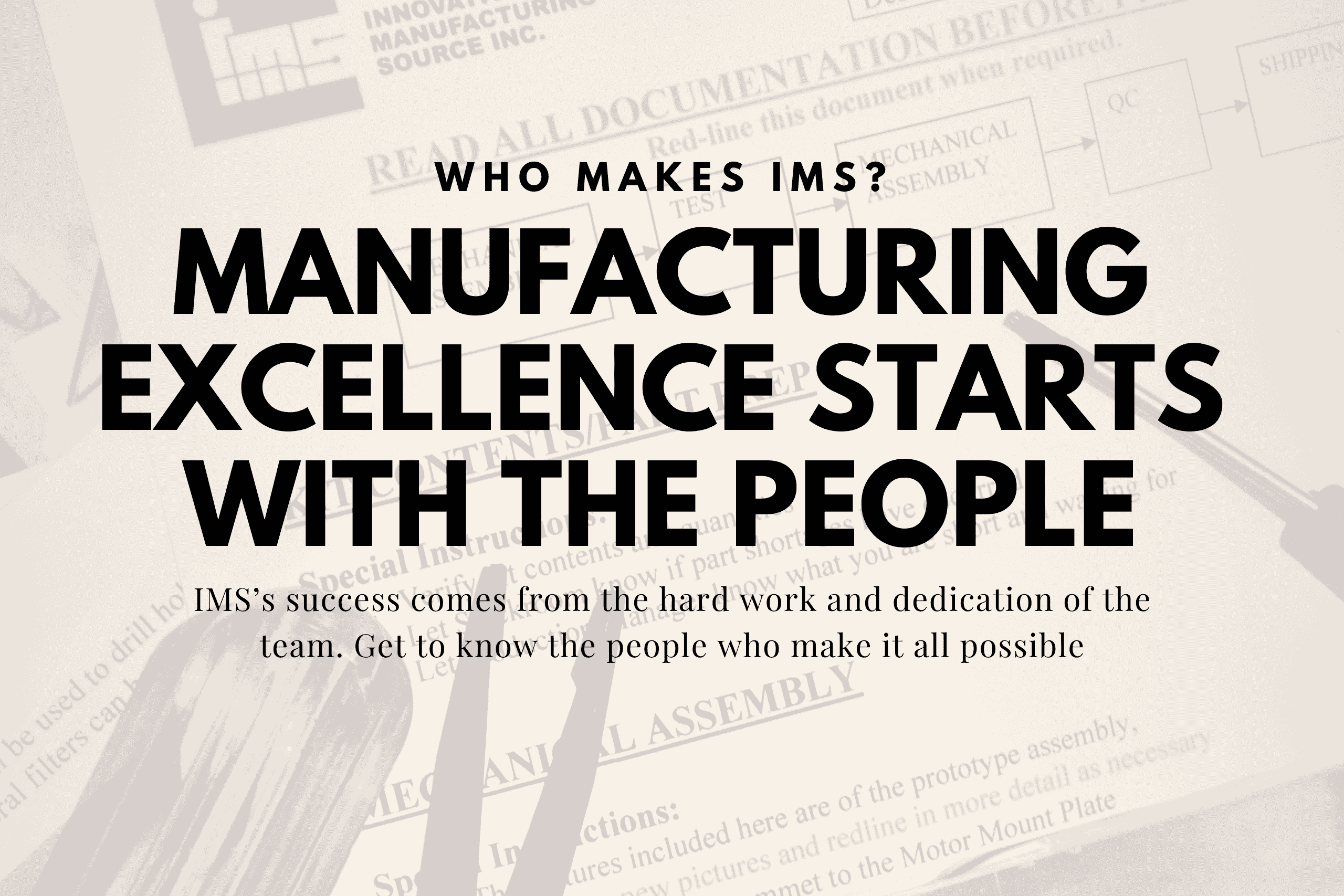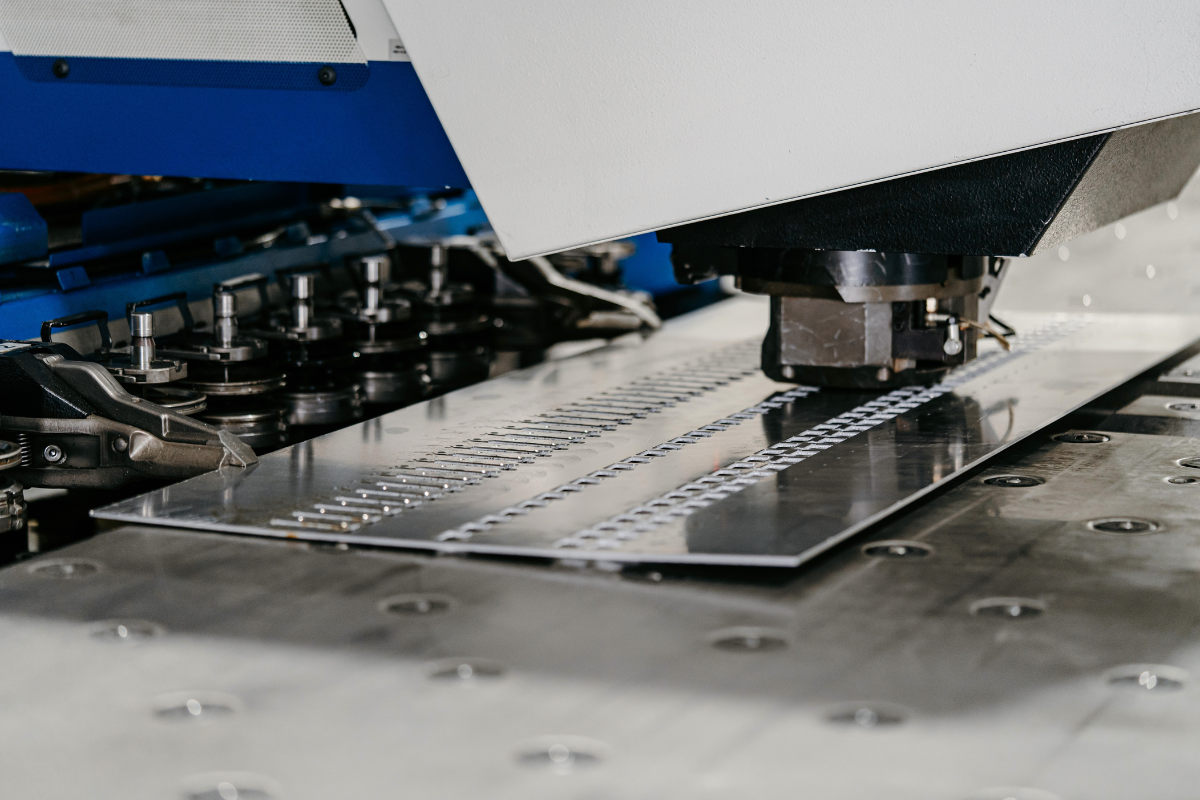When you think about cutting-edge cars, aircraft, and skyscrapers, you might not realize that sheet metal is behind it all. From durable aerospace parts to sleek automotive components, sheet metal fabrication is at the heart of modern manufacturing. This guide explores the power and versatility of sheet metal fabrication, revealing why it’s so essential to industries that shape our everyday lives.
What is Sheet Metal Fabrication?
At its core, sheet metal fabrication involves transforming flat metal sheets into functional components. This process combines a variety of cutting, forming, and assembling techniques to create everything from intricate electronic enclosures to large industrial frameworks.
Sheet metal fabrication isn’t just about shaping metal—it’s about creating precision-engineered products that meet specific design and functional requirements. It is widely used in automotive, aerospace, telecommunications, and medical devices, among other industries.
Here’s a breakdown of the most common fabrication techniques:
- Cutting: Modern CNC lasers are often used to cut metal sheets with extreme precision. This method reduces waste and increases accuracy.
- Bending: Metal sheets are bent into shape using hydraulic presses, enabling the creation of both simple and complex designs.
- Forming: In this step, the metal is molded to match specific designs, often used for intricate or complex parts.
- Welding: Welding joins the metal components, ensuring strength and structural integrity in the final product.
Common Materials Used in Sheet Metal Fabrication
The material selection process is critical in sheet metal fabrication, as each type of metal brings unique strengths and characteristics to the project. From lightweight efficiency to corrosion resistance, understanding the properties of commonly used materials ensures that the final product meets performance, durability, and aesthetic requirements.
→ Aluminum
Aluminum is known for its excellent strength-to-weight ratio, making it a go-to material in industries where minimizing weight is essential, such as aerospace and automotive. Its natural resistance to corrosion adds to its appeal, making it ideal for applications exposed to moisture or extreme weather conditions.
→ Copper
Copper is prized for its superior electrical conductivity, which makes it essential in industries like telecommunications and electronics. Its malleability allows for easy shaping, and it also provides excellent corrosion resistance, making it a reliable choice for HVAC systems and architectural applications.
→ Stainless Steel
Stainless steel is a durable material that can withstand high temperatures and resist corrosion. It is widely used in industries requiring high durability and hygiene, such as food processing and medical device manufacturing. Its sleek appearance also makes it suitable for consumer goods and architectural designs.
→ Cold-Rolled Steel
Cold-rolled steel is stronger and smoother than its hot-rolled counterpart, making it ideal for projects requiring precision and fine detailing. It’s commonly used in automotive manufacturing, industrial machinery, and furniture due to its superior strength and surface finish.
→ Satin Coat Steel
Satin coat steel, with its corrosion-resistant coating, is designed to withstand harsh environmental conditions. It is frequently used for outdoor installations, industrial control panels, and telecommunications enclosures, where long-term exposure to moisture and weather demands a tough, resilient material.
Why Choose Sheet Metal for Fabrication?
Sheet metal stands out as a versatile and reliable material, and it’s no surprise that it’s the backbone of so many industries. Here’s why sheet metal continues to be a top choice for manufacturers across sectors:
✓ Strength and Durability
Sheet metal is incredibly strong, offering high durability in even the most demanding environments. Whether you need components to endure extreme temperatures, heavy loads, or corrosive conditions, sheet metal can be tailored to meet these rigorous requirements. This makes it ideal for projects requiring long-lasting materials, such as aerospace structures, automotive parts, and industrial machinery.
✓ Design Flexibility
One of the key advantages of sheet metal is its versatility. It can be shaped, cut, bent, and formed into virtually any design, making it perfect for custom solutions. From intricate enclosures for electronics to large-scale industrial components, sheet metal can adapt to a wide variety of applications. This flexibility allows manufacturers to innovate without being constrained by material limitations.
✓ Cost-Effectiveness
Especially in bulk production, sheet metal is highly cost-effective. It offers high value without sacrificing quality, making it a popular choice for industries that need both durability and affordability. Sheet metal’s recyclability also makes it a sustainable choice, further contributing to its long-term value and reducing waste in manufacturing processes.
Challenges to Consider in Sheet Metal Fabrication
While sheet metal fabrication offers numerous advantages, it’s important to recognize the challenges that can arise. Understanding these can help businesses and engineers make more informed decisions and ensure smoother production processes.
1. Material Selection
Choosing the right material for a project can be challenging. Each metal offers different properties, such as strength, flexibility, and corrosion resistance. If the wrong material is chosen, it can lead to product failure or increased costs due to inefficiencies or the need for rework. It’s critical to fully understand the demands of the project and select a material that can meet both the physical and environmental requirements.
2. Precision and Tolerances
Some projects demand tight tolerances, especially in industries like aerospace, medical devices, and telecommunications. Achieving the required level of precision may limit the material options or complicate the fabrication process, requiring specialized tools and techniques. Failing to meet these precision requirements can lead to performance issues or delays, driving up production costs.
3. Production Complexity
Projects that require intricate designs or large-scale manufacturing may introduce complexity to the fabrication process. Managing multiple stages—such as cutting, bending, forming, and welding—requires expert oversight to ensure that each step is executed correctly. As complexity increases, so does the risk of errors, requiring more stringent quality control measures.
4. Lead Times and Costs
Complex projects or custom designs may extend lead times, which can be a challenge when working within tight deadlines. Additionally, if the design requires extensive customization or the use of premium materials, the project cost may rise significantly. Balancing budget, timeline, and quality is key to navigating these challenges.
Sheet Metal in Action: Industries That Depend on It
Sheet metal fabrication is an integral part of many industries, delivering durable and customizable solutions for a wide range of applications. Sheet metal fabrication drives innovation across key sectors, including:
- Renewable Energy. In the renewable energy sector, precision and durability are crucial for manufacturing components like wind turbine housings, solar panel frames, and structural parts for energy storage systems. Sheet metal, particularly stainless steel and aluminum, provides the strength and corrosion resistance needed to withstand harsh outdoor conditions, ensuring long-term performance for renewable energy solutions.
- Electronics Manufacturing. Sheet metal is vital for producing enclosures, brackets, and structural components that protect sensitive electronic systems. From consumer electronics to telecommunications infrastructure, materials like aluminum and stainless steel are chosen for their lightweight properties and corrosion resistance, ensuring that electronic devices remain reliable and protected in demanding environments.
- Power Generation. From hydroelectric plants to wind farms, sheet metal is used in the construction of turbines, protective housings, and other essential equipment. Metals like stainless steel and galvanized steel offer the durability and resistance to environmental factors necessary to ensure uninterrupted power generation and infrastructure maintenance in even the harshest environments.
- Transportation Infrastructure. Sheet metal fabrication plays a pivotal role in transportation, including the creation of parts for railways, bridges, and airport infrastructure. Cold-rolled steel and aluminum are often used for their strength and lightweight properties, ensuring that transportation infrastructure remains both robust and efficient. In this sector, sheet metal provides the foundation for durable, long-lasting structures that keep global transport systems running smoothly.
Sheet Metal Fabrication: A Foundation for Innovation
Sheet metal fabrication plays a pivotal role in industries ranging from renewable energy to medical technology. Its versatility, strength, and cost-effectiveness make it indispensable for creating durable, high-performance products. By understanding material selection and the fabrication process, businesses can optimize both performance and cost.
IMS Electronics Manufacturing brings industry-leading expertise to every project, ensuring tailored solutions that meet your specific needs. Contact us today to explore how our sheet metal services can support your next innovation.




